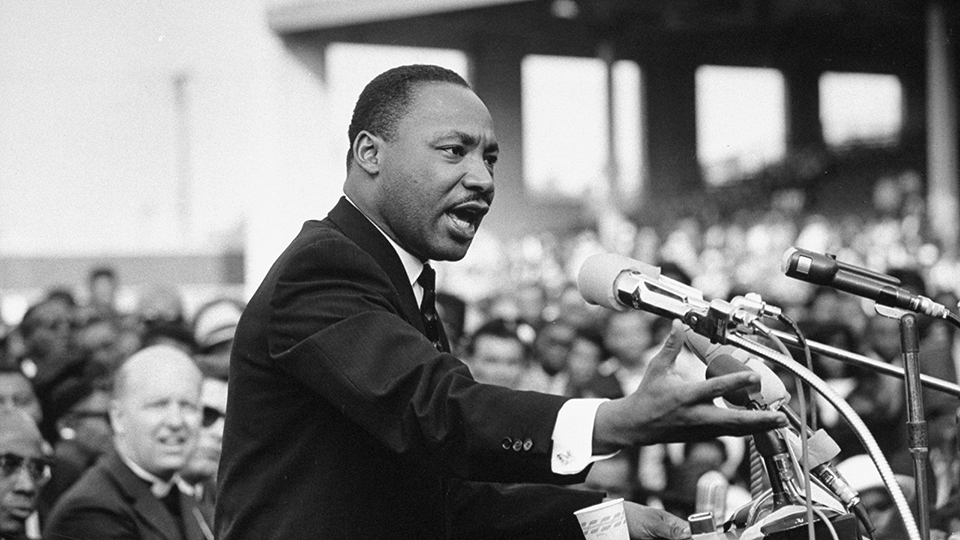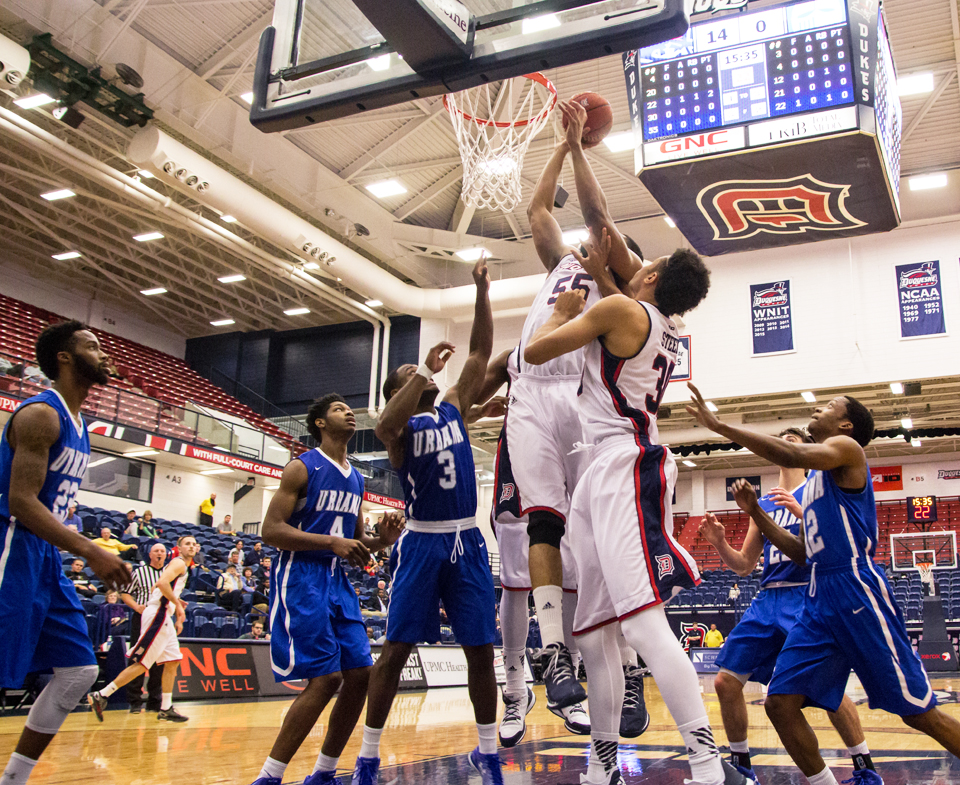Adam Lindner | Staff Writer
Sept. 5, 2019
Per a 2016 article by The Undefeated’s Marc J. Spears, more than 74% of players on NBA rosters were black men during the 2015-16 season.
Roughly 69 years ago, however, the league’s racial barrier had yet to be broken.
So, when Chuck Cooper — a Duquesne basketball star from 1946-1950 — was drafted in the second round of the NBA Draft by the Boston Celtics on April 25, 1950, he became the first-ever African-American man to be drafted by an NBA franchise.
That same year, Earl Lloyd became the first black man to play in an NBA game on Oct. 31, 1950 — just one day before Cooper’s debut.
Lloyd became one of the first of the NBA’s African-American pioneers to be inducted into the Naismith Memorial Basketball Hall of Fame in 2003. Sweetwater Clifton, the first black man to sign an NBA contract, was inducted in 2014, respectively.
Now, it’s Cooper’s turn for the Hall of Fame.
On Friday, Sept. 6, Cooper will be formally inducted into the Naismith Memorial Basketball Hall of Fame by a cast of 10 star-studded presenters: Bill Russell, Elgin Baylor, Tom Heinsohn, Julius Erving, Kareem Abdul-Jabbar, Larry Bird, Isiah Thomas, Dominique Wilkins, Mannie Jackson and Ray Allen.
Cooper enters the Hall alongside Al Attles, Carl Braun, Vlade Divac, Bobby Jones, Sidney Moncrief, Jack Sikma, Tennessee A&I, Wayland Baptist, Teresa Weatherspoon and Paul Westphal.
Throughout Cooper’s career, he endured countless hardships as a black man in a prejudiced and segregated country — especially once his teams encountered squads that hailed from south of the Mason-Dixon Line.
On Dec. 23, 1946, during Cooper’s freshman season at Duquesne, the Dukes were scheduled to play Tennessee at McKeesport Vocational School. According to the Tribune-Review, Duquesne played its home contests there in the 1940s — the bleachers at Duquesne’s field house had been donated to a World War II scrap drive.
With 2,600 people awaiting the game’s tipoff, the Tennessee team was sent home after demanding that Cooper not be allowed to participate in the contest due to his skin color.
The Duquesne team took a vote, and unanimously decided it would not play the game without Cooper on the court.
Chuck Cooper III, Cooper’s son, told the Trib that the night of the Tennessee incident was a defining moment in Cooper’s relationship with DU.
“I really believe that’s when the bond with my dad and Duquesne University was initially forged,” Cooper III said.
Keith Dambrot, DU’s head men’s basketball coach, will attend Saturday’s ceremony alongside Cooper III.



